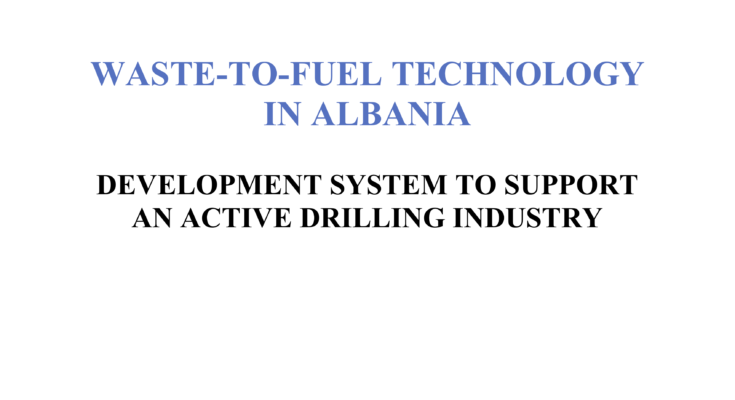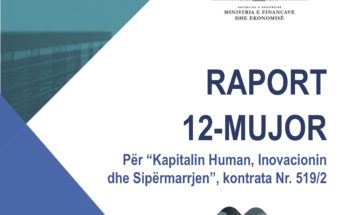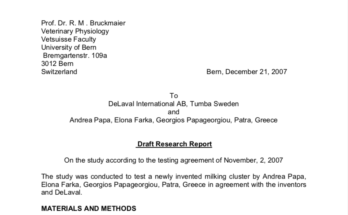Albania has historically been known to have an active but challenging drilling activity that demands the most innovative technology to develop, predominantly, medium-heavy oil reservoirs. Although recent efforts have been made by the government to stimulate and expand the largest onshore European oilfield, technical and economical obstacles are prevalent. These obstacles make it difficult to fully develop reliable and profitable hydrocarbon bearing zones in a downturn economy, especially since Albanian oil can be costly to produce and refine. Due to these typical issues that affect many local energy sectors, many developed countries diversify their energy production to avoid strict dependency on crude oil. An emblematic and modern option that is extensively gaining popularity in Europe focuses on renewable energy from sophisticated recycling programs. All though Albania is a relatively “green” country when it pertains to its electricity production (97% hydropower and 3% fossil fuels), it has yet to develop energy-recycling programs that it can salvage for self-sustainable energy sources. The past years have seen a conscious revitalization and stimulation in the mentality of green economy in Albania. But, in comparison to the rest of “western Europe” that are leading world examples in efficient recycling, it is significantly lagging with initial strides just now focusing on aligning national legislations with current EU models. Furthermore, two crucial reasons that should motivate Albania to investigate new applications for energy recycling are (1) alternatives to crude oil and petroleum products that can be supplemental and provide stable access to fossil fuels (2) industrial and municipal recycling via waste management to reprocess waste and produce industrial raw material- spawning the emergence of a “circular economy” to develop the backbone needed to strengthen the industrial and manufacturing markets for a self-sustaining economy. Accordingly, in this paper, the topic that will be addressed, given the recent decrease in oil & gas prices, focus on the Albanian energy sector’s capability to sustain and develop a supplementary recycling program via “waste-to-fuel” (WTF) technology (biofuels and/or inorganic waste). Moreover, the intent being cooperative function with Albania’s active drilling program to mitigate dependency on a single fuel source and produce enough fossil fuel in an effective and sustainable manner.
Waste-to-fuel Technology in Albania



